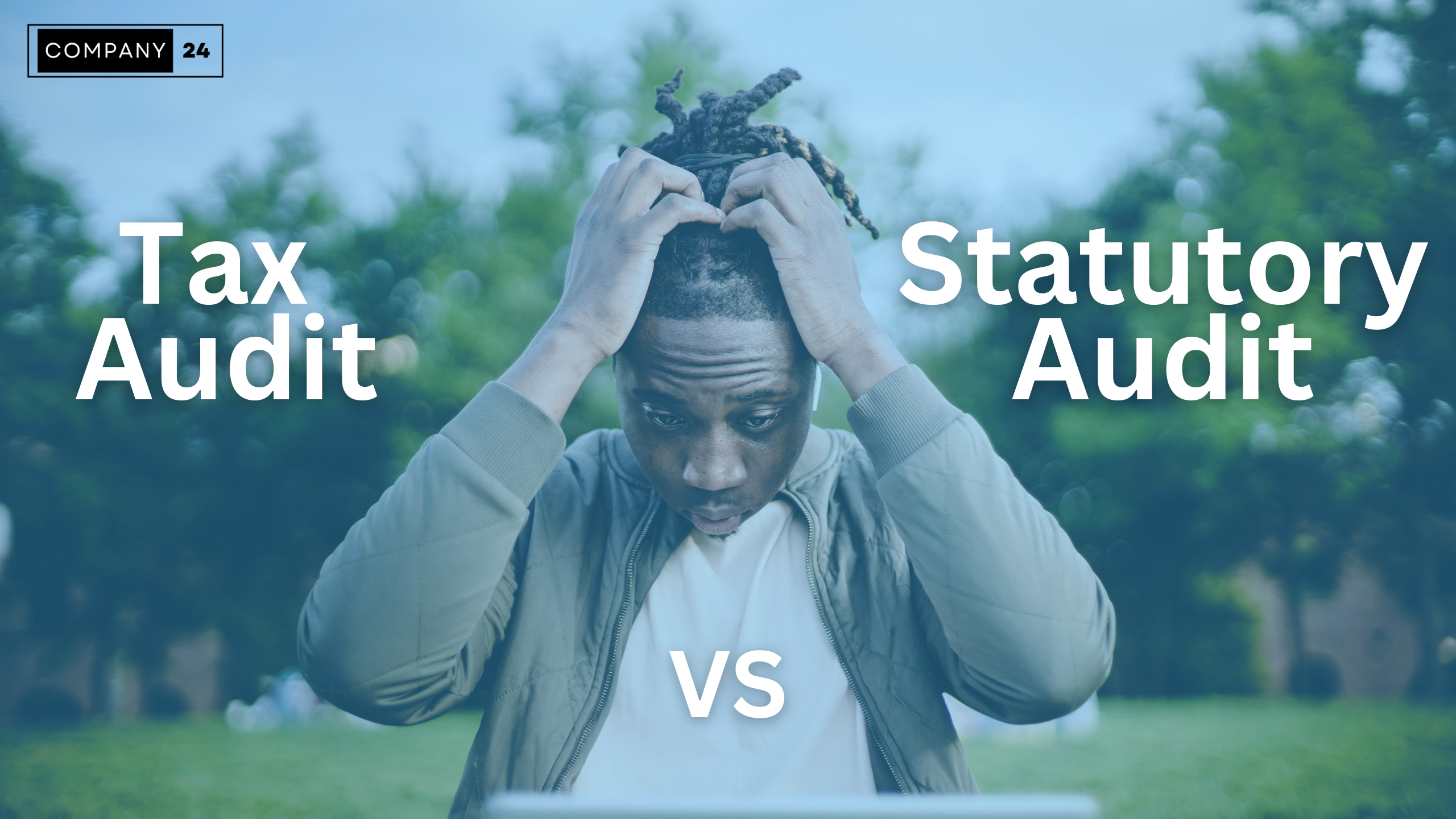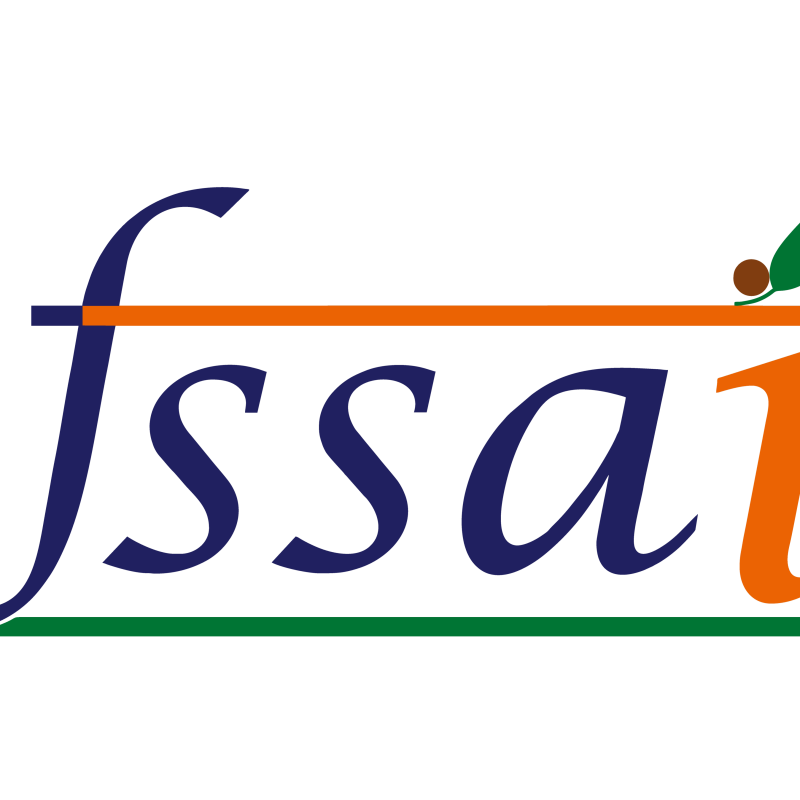Both tax audits and statutory audits are essential for businesses, but they serve distinct purposes and have different scopes. Understanding the difference between the two is crucial for business owners to ensure compliance and manage their financial affairs effectively.
By Guruvind TanwerJul 30, 20248 mins read
Understanding and protecting Intellectual Property Rights (IPR) is essential for small businesses to safeguard their innovations, brand identity, and creative works. This comprehensive guide will walk you through the different types of Intellectual Property Rights, their importance, and practical steps to protect your business’s intellectual assets.
This blog provides an in-depth look into the process of incorporating a public limited company in India. It covers essential aspects such as the benefits, regulatory requirements, and step-by-step registration process. This guide is designed to help you understand the intricacies of setting up a public company and the strategic advantages it offers.
This blog offers a clear and detailed explanation of tax thresholds, their importance, and how they impact individuals and businesses. It covers different types of tax thresholds, their criteria, and the implications of crossing these limits. Whether you're a taxpayer or a tax professional, this guide will help you understand the critical role of thresholds in taxation.
India's Goods and Services Tax (GST) regime involves dealing with various forms for different purposes. Understanding these forms and their purposes can help businesses ensure compliance and streamline their tax processes. Here, we provide a comprehensive overview of the main types of GST forms, categorized by their uses
This blog provides a comprehensive guide on incorporating a Limited Liability Partnership (LLP) in India. It covers the definition, need, criteria, step-by-step registration process, benefits, relevant regulations, common mistakes, and answers to frequently asked questions. Follow this blog to understand how to successfully set up your LLP.
Understanding the differences between Employees' State Insurance Corporation (ESIC) and Provident Fund (PF) is crucial for employers and employees in India. Both ESIC and PF are essential social security schemes, but they serve different purposes and have distinct regulations. This blog will provide a detailed comparison to help you navigate these important employee benefits.
Incorporating a One Person Company (OPC) is an excellent option for solo entrepreneurs who wish to enjoy the benefits of a corporate structure without the need for multiple shareholders. This guide will take you through the entire process, from understanding what an OPC is to the steps for incorporation, benefits, and relevant regulations in India.
Looking to incorporate a private limited company in India? This blog offers a detailed guide on the process, requirements, benefits, and legal regulations involved in setting up a private limited company, ensuring you have all the information you need to get started.
The FSSAI registration process is essential for any food business in India. This blog offers a comprehensive guide on why FSSAI registration is needed, the criteria for eligibility, the step-by-step registration process, benefits, and regulations governing food safety in India. Food business operators can ensure compliance and enhance their credibility by following this guide.
Discover the key reasons and benefits of obtaining multi-state GST registration, and how it can impact your business operations and compliance requirements.
Starting and running a business in India involves adhering to various compliance requirements. These regulations ensure that companies operate within the legal framework and maintain transparency. Learn about these essential legal and regulatory requirements to ensure your business remains compliant and operates smoothly in the Indian market in this blog.
ESIC (Employees State Insurance Corporation)
ESIC is a comprehensive social security and health insurance scheme managed by the Employees' State Insurance Corporation, under the Ministry of Labour and Employment. It provides financial support and medical benefits to employees and their dependents during times of need, such as sickness, maternity, disablement, or death due to employment-related injuries.
Why ESIC Registration is Mandatory:
ESIC registration becomes mandatory for businesses under the following criteria:
Employee Threshold: Businesses with 10 or more employees (in some states, this threshold may vary to 20 employees) must register under ESIC. This requirement applies to employees earning ₹21,000 or less per month.
Legal Obligation: Employers are required to register under the ESIC Act within 15 days of reaching the eligible employee threshold. Non-compliance can lead to penalties and legal repercussions.
Employee Benefits: Registered employees gain access to a range of benefits, including medical care, sickness benefits, maternity benefits, and more. ESIC ensures that employees receive necessary support during times of illness or injury, thereby enhancing their welfare and productivity.
PF (Provident Fund)
PF is a savings scheme aimed at providing financial security to employees after their retirement. Managed by the Employees' Provident Fund Organisation (EPFO), PF contributions are mandatory for eligible employees and employers.
Why PF Registration is Mandatory:
PF registration is compulsory for businesses under the following criteria:
Employee Threshold: Employers with 20 or more employees are required to register for PF contributions. This applies to employees earning up to ₹15,000 per month, though higher-earning employees can voluntarily opt for PF.
Contribution Requirements: Both the employer and employee contribute a fixed percentage (currently 12% each) of the employee's basic salary, dearness allowance, and retaining allowance to the PF account every month. These contributions accumulate over time to provide a lump sum amount to the employee upon retirement or resignation.
Legal Compliance: Employers must register with the EPFO and obtain a PF registration number. They are also required to file monthly PF returns and maintain accurate records of contributions and withdrawals. Compliance ensures transparency and accountability in managing employees' retirement savings.
Benefits of Compliance:
Complying with ESIC and PF registrations offers several benefits to businesses:
Legal Compliance: Ensures adherence to labor laws and regulatory requirements, avoiding penalties and legal issues.
Employee Welfare: Demonstrates commitment to employee well-being by providing access to healthcare and retirement benefits.
Organizational Credibility: Enhances the reputation of the business as a responsible employer, fostering a positive work environment and employee loyalty.
Conclusion
ESIC and PF registrations are not just legal obligations but essential components of responsible business operations in India. By registering under ESIC and PF, businesses uphold their commitment to employee welfare and statutory compliance, contributing to a productive and harmonious workplace environment.
For businesses navigating the complexities of ESIC and PF registrations, consulting with HR professionals or legal experts specializing in labor laws can provide invaluable guidance. Understanding and fulfilling these obligations not only mitigate risks but also empower businesses to focus on their core objectives while nurturing a supportive and compliant workplace culture.
For more queries and updates join our Whatsapp community
















